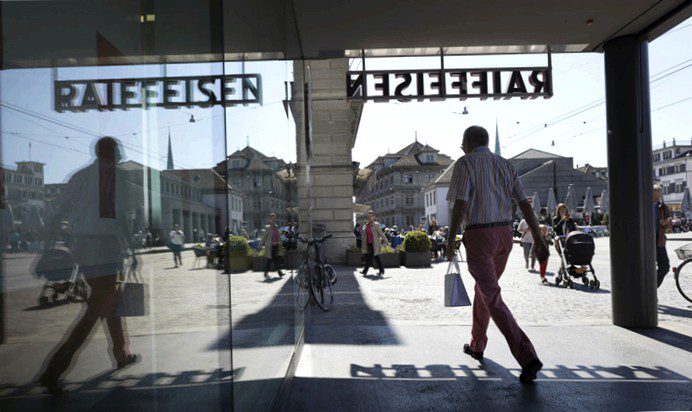
Whether or not the bank will extend your current mortgage depends on your affordability. However, when calculating affordability, institutions do not assume the current record low mortgage rates, but significantly higher interest rates.
You have to use a theoretical interest rate of around five percent and an additional one percent for ancillary costs. For your mortgage of 200,000 francs, you must therefore assume a theoretical cost of 12,000 francs per year. If you currently have a mortgage rate of one percent, that would therefore be six times more.
Based on this figure and your pension income from the pension fund and AHV, you can quickly see how much of a burden a future mortgage would be on your budget and how much financial leeway you would still have if mortgage interest rates were actually to rise significantly again at a later date.
A rapid rise in interest rates was unlikely for some time because of the Corona crisis and the global recession.
Banks use much higher rates when calculating affordability so that there are no defaults later when interest rates spike again. However, interest rates are likely to remain at the historically low level for a long time to come. A rapid rise in interest rates became unlikely for some time because of the Corona crisis and the global recession.
Whether partial mortgage amortization makes sense for you depends not only on affordability, but also on your personal financial flexibility. If you amortize all or part of the mortgage, you save the interest for the bank. So you have a little more wiggle room in your budget.
You probably already have a budget in place with the important expenses. This will enable you to estimate how much of a burden a new mortgage will place on you, and you can also use this when talking to the bank. If you do other business with the same bank, there is a good chance that you will get more attractive conditions, assuming you have good portability.
I wouldn't give too much weight to the tax effect, since it doesn't make much difference anyway at the current low interest rates you could deduct. However, you should be aware that if you amortize the mortgage in full, it would probably be difficult to take out a new mortgage at a later date. So you need to consider whether you still have enough financial reserves on the side for unexpected and unbudgeted costs for yourself or in case of a necessary renovation or for other major purchases or for traveling, even after a possible amortization.
If you do not have very high liquid assets, I would keep the mortgage in the current amount or only make a partial amortization, so that you have sufficient financial flexibility beyond the actual pension at any time in old age. Partial amortization can be a trade-off.
If you are sure that you do not want to sell your house in any case, but keep it for the long term, I would tie the extremely low interest rates for the long term. You can currently take out a ten-year fixed-rate mortgage at very favorable conditions.
In this period, however, amortization is then not possible. In exchange, you have financial security and can reliably budget for foreseeable home costs for the next ten years beyond, which is especially important as you age.